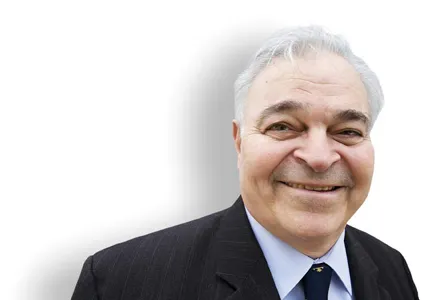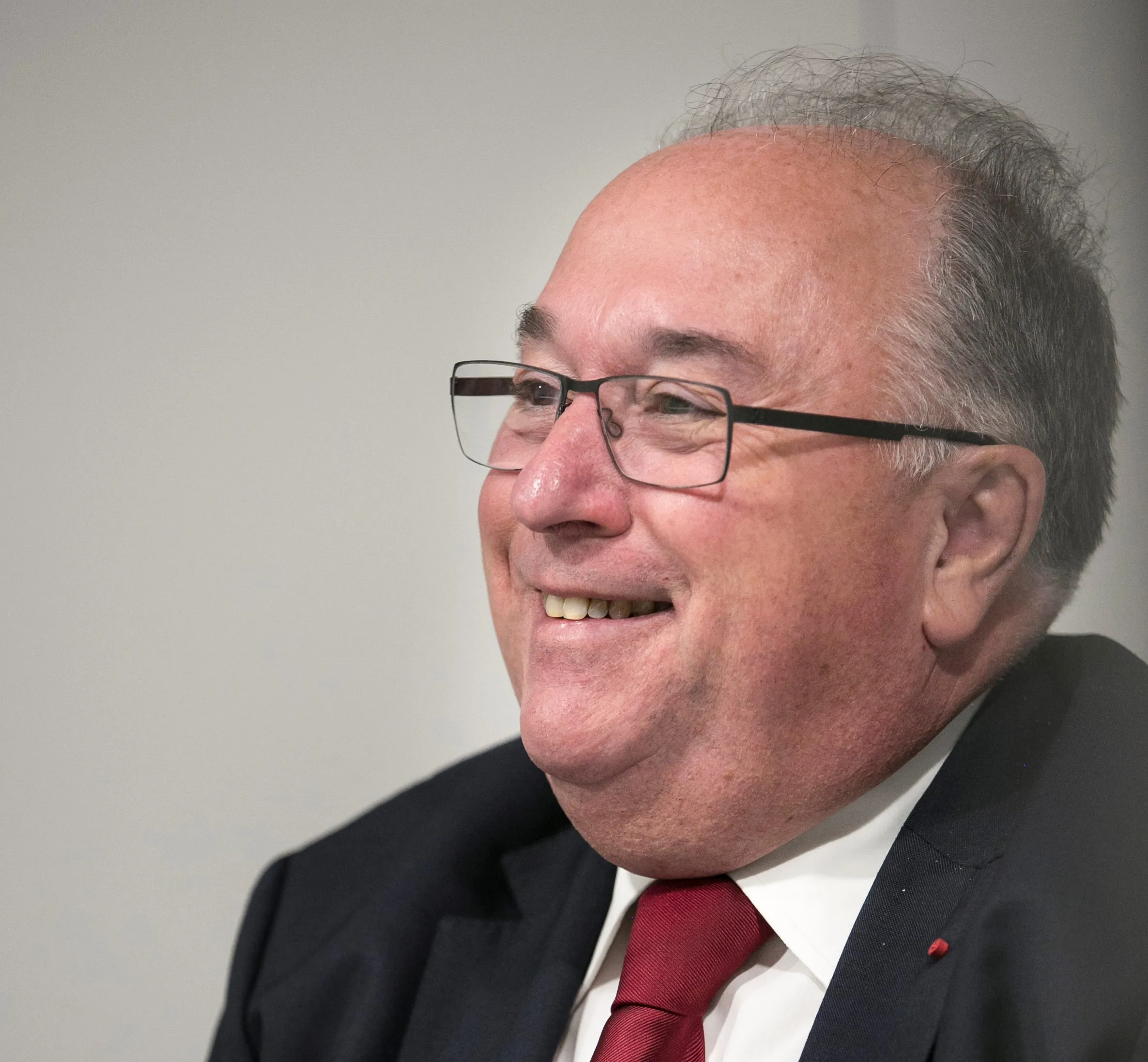Following a government decision, a new model for the management and financing of the road infrastructures sector was defined in 2007 and is now being implemented. The national road agency (Estradas de Portugal or EP, EPE) was transformed into a state-owned public company, Estradas de Portugal, SA (EP, SA), and a new body, the Institute for Road Infrastructures (InIR), was created with public functions of regulation and supervision of road infrastructures.
February 14, 2012
Read time: 3 mins
Following a government decision, a new model for the management and financing of the road infrastructures sector was defined in 2007 and is now being implemented
The national road agency (InIR is now the Portuguese national road authority, and aims to ensure greater transparency and cautioning in the relationship between the EP, SA and the state.
EP, SA is just like a public limited company (plc), but the single shareholder is the Portuguese Republic, while InIR's main mission is to oversee the management and operation of the road network; to check the application of laws and regulations, the concession and sub-concession contracts, always having in mind the need to ensure the implementation of the National Road Plan, as well as ensure the efficiency, equity, quality and safety of the road infrastructures.
EP, SA is now a concessionary company, focused on the conception, design, construction, financing, maintenance, operation, upgrading and enlargement of the national road network, under a 75-year concession contract between it and the state.
Almerindo Marques, EP, SA president, said that under the new model, EP, SA is the only concessionaire.
"Now we have to complete the National Road Plan because it is missing about 2,000km and this new sub-concessions programme includes 2,200km of roads and of these 1,000km are new roads. A large part of these sub-concessions are roads that are already built. They will be included in the sub-concession as 'operate and maintain' roads." The company will rely on PPPs (sub-concessions) for the development of key projects.
At InIR, João Sousa Marques, vice president, admitted that negotiations with concessionaires to transfer contracts from the state to the EP, SA had not always been completely successful.
"We have under our supervision 16 concessions both old and new. It must be difficult to move from one good contract with the state to one with a private company," he said.
"We have a contract to complete the road network by 2012. When this is done about 95% of all traffic will be running on the network." In a nutshell, and by the end of my visit to Portugal, I could well understand what CRP (Portuguese Road Centre) executive vice president António Pinelo told me on arrival: "I am confident that after our meetings with stakeholders you will realise why Portugal was selected as the venue for the 16th








